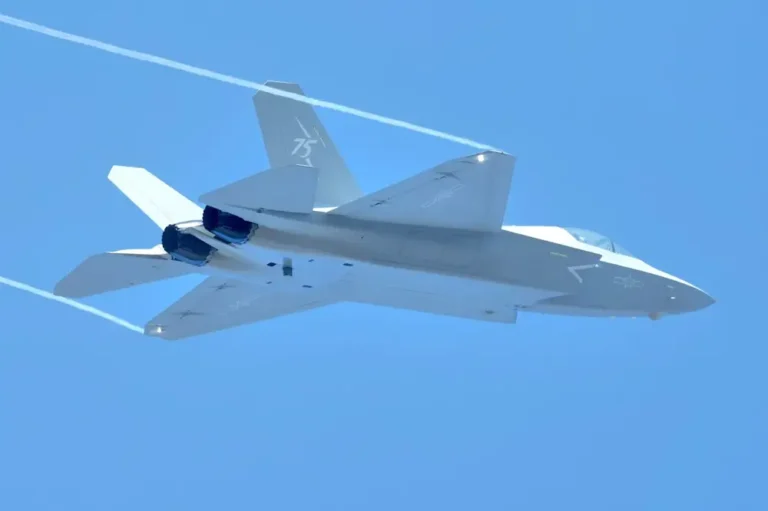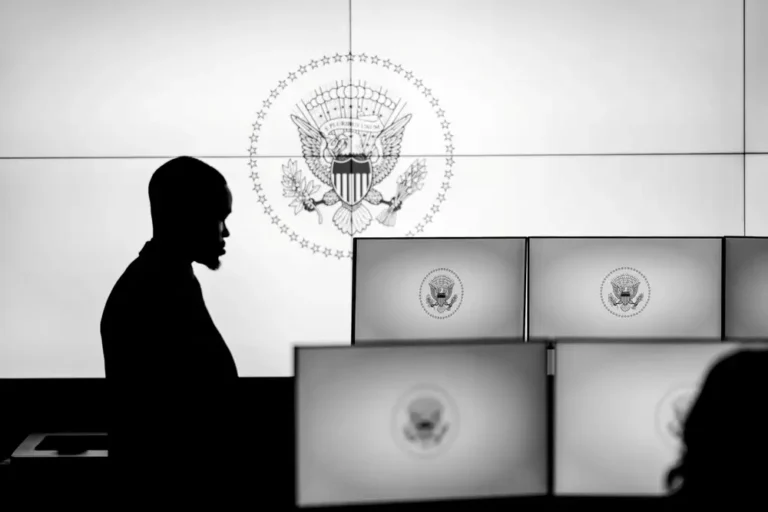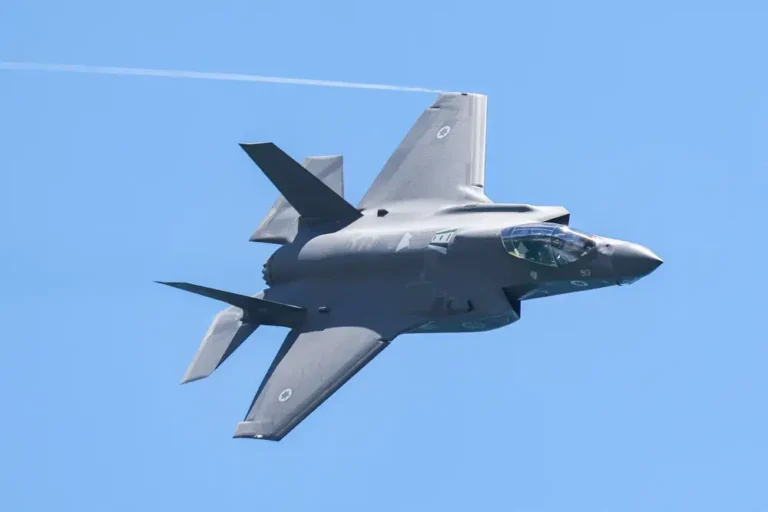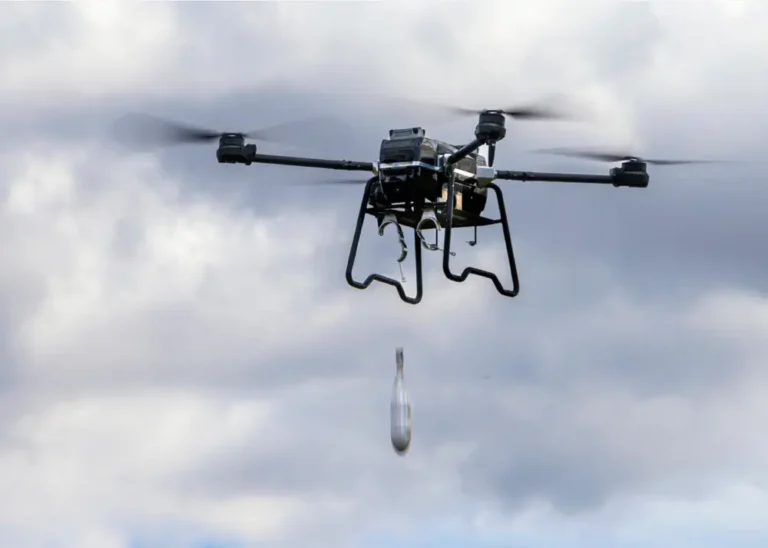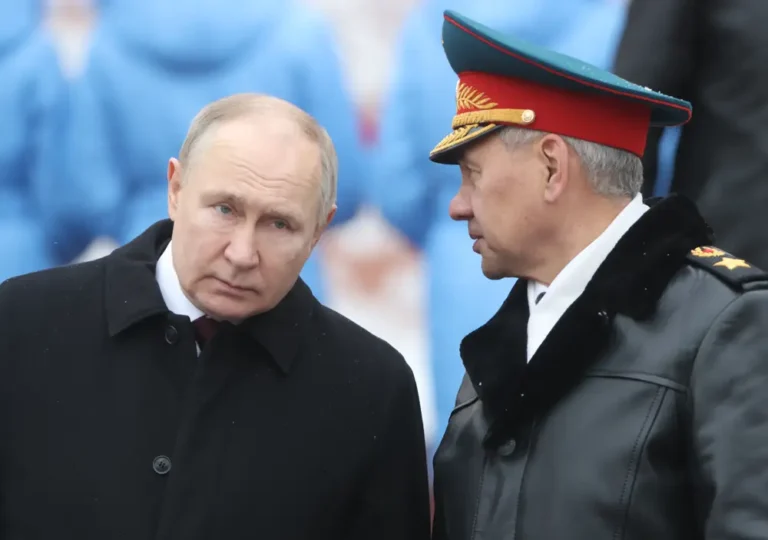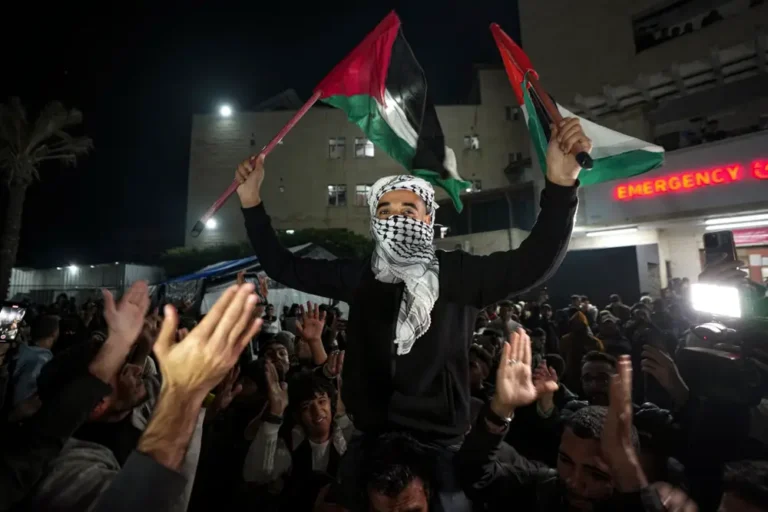Putin paying for 100,000 North Korean troops helps him delay a second mobilization: ISW
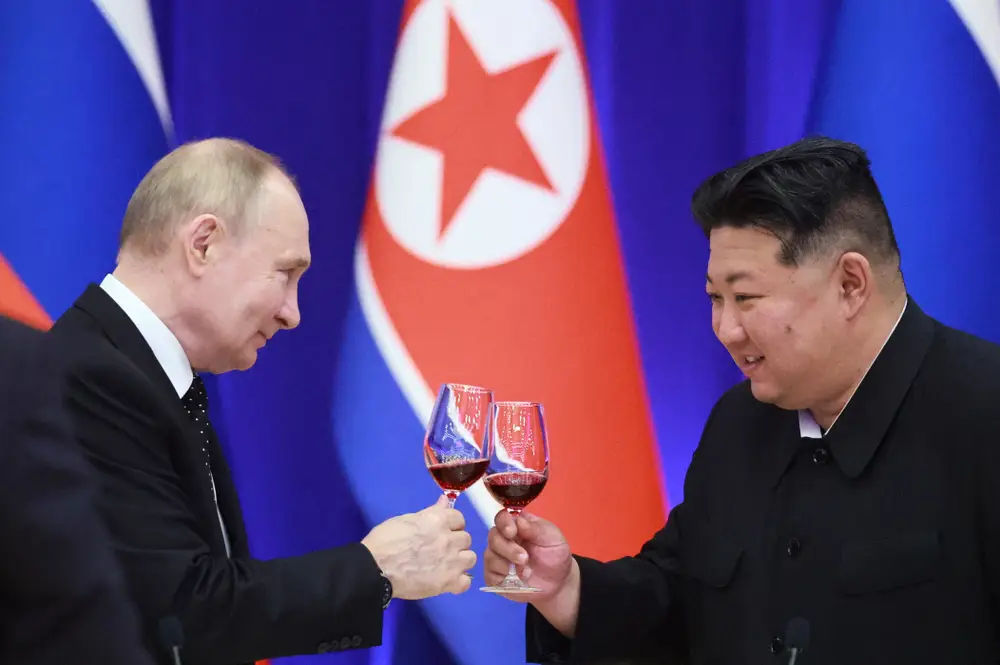
Russian President Vladimir Putin and North Korean leader Kim Jong Un shared a drink after announcing their alliance this summer.
North Korea’s manpower injection for the Kremlin allows Russian leader Vladimir Putin to avoid another political stumbling block at home, according to the Institute for the Study of War.
The Washington-based think tank said on Sunday that the influx of fresh troops gives Putin a way to, at least temporarily, avoid a second involuntary mobilization.
Russia’s first mobilization of some 300,000 reservists was announced in November 2022, a move that tanked public opinion of the war as families of drafted soldiers fretted that they would be sent into combat and casualties among reservists mounted.
“ISW has repeatedly observed efforts by Russian authorities to delay highly unpopular involuntary reserve call-ups,” ISW analysts wrote.
Putin and his generals have since repeatedly signaled a need for another call-up but have held off on a second mobilization wave in favor of an aggressive recruitment drive. Steeply rising bonuses in some areas indicate, however, that the Kremlin may be having difficulty attracting enough sign-ups.
Pyongyang’s contributions now give Russia a healthy buffer, as Western officials estimate that Moscow has been losing thousands of men a week this fall in a grinding advance on the eastern front.
But the ISW said that if Russia continues to take high casualties, even Pyongyang’s troop rotations won’t be enough to sustain the invasion.
“The deployment of roughly 100,000 North Korean personnel would only replace Russian losses for less than three months,” the think-tank wrote.
“Such a limited deployment would also fail to address Russia’s broader shortages of millions of workers due to demographic crises and the war and the resulting mid- to long-term shortcomings in Russian defense industrial base operations,” it added.
Ukraine and Western officials said last week that Pyongyang has sent up to 11,000 troops to Kursk as Russia attempts to reclaim territory taken by Kyiv this summer.
Anonymous sources familiar with the assessments of some G20 nations told Bloomberg that it’s likely North Korea is planning to send a total of 100,000 troops in the longer run.
Dmytro Ponomarenko, Ukraine’s ambassador to South Korea, also told Voice of America that Pyongyang would likely maintain a presence of about 15,000 troops in the war, rotating soldiers every two to three months.
In total, that could mean 100,000 North Korean troops cycling in and out of combat within a year, he said.
The North Korean troops in Russia are believed to be special forces, which South Korean intelligence estimates say consist of about 200,000 members in total.
Seoul also says that Russia is paying about $2,000 a month for each North Korean soldier. But defectors and North Korea researchers say it’s highly likely that most, if not all, of the money will go to Kim Jong Un and his family.
Russia’s partnership with North Korea has other implications for Pyongyang. South Korea’s intelligence agency said Kim is expected to receive some 700,000 tons of rice and assistance with space technology, allowing his country to further circumvent international sanctions aimed at stalling its weapons and satellite programs.

